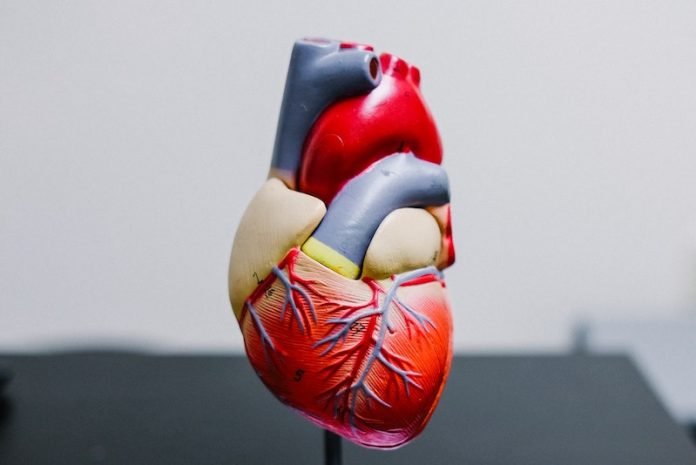
In a new study from Yale, researchers examined autopsy tissue samples of hearts from patients who died early in the COVID-19 pandemic.
Frequent and extensive blood clots (thromboses) within heart vessels were found as anticipated, but the type of changes in the endothelial cells lining the heart that are typically observed in thromboses was absent.
The team found the likely culprit to be hypercoagulability of the blood caused by activated neutrophils, a type of white blood cell.
Neutrophils can express changes known to promote coagulation, including changes that are associated with cell death and inflammation.
This means changes in the blood, not the heart, may underlie heart damage in COVID-19 patients.
In the study, the team examined heart tissue from seven autopsies of COVID-19 patients performed early in the pandemic, before anticoagulation treatment was commonly administered, and compared these specimens to autopsy tissue from 12 COVID-19–negative controls.
Thrombosis was the most common finding in the COVID-19 group. Despite the widespread evidence of thrombosis, no evidence of myocyte death or acute inflammation typically associated with myocardial infarction was detected in the COVID-19 group.
The team found that the cardiac thrombi in four of the six COVID-19 patients contained neutrophils that expressed procoagulant changes in the blood.
The data challenge the view that alterations in the heart vessel wall are the primary cause of COVID-19 cardiac thrombosis.
Current treatments of severe COVID-19 include anticoagulation, but the best strategy is still not clear. In light of the new findings, reducing neutrophil responses could be an important target for therapeutic intervention.
The team says the finding of neutrophil involvement in the smaller blood vessels that course through the heart muscle in COVID-19 extends the understanding of cardiac injury that we often see in patients with severe SARS-CoV-2 infection.
If you care about heart health, please read studies about this common health issue in middle-age may predict heart failure later in life, and findings of vitamin that could prevent muscle damage after heart attack.
For more information about Covid, please see recent studies about COVID-19 vaccine booster could effectively protect those 60 and older and results showing that COVID-19 antibodies persist, reduce reinfection risk for up to 6 months.
The study is published in The American Journal of Pathology. One author of the study is Jordan S. Pober, MD, Ph.D.
Copyright © 2021 Knowridge Science Report. All rights reserved.



